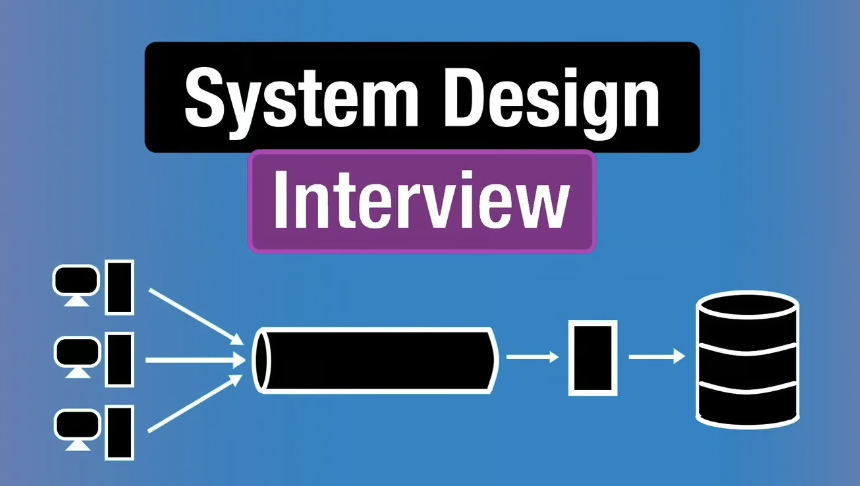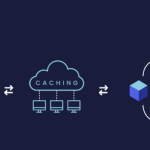
System design interview plays a crucial role in evaluating the skills of software engineers during the hiring process. These interviews assess candidates’ ability to design scalable, efficient, and reliable systems. In this article, we will provide you with a comprehensive guide on how to prepare for system design interviews. We will cover common interview topics, discuss the approach to tackle them, and provide examples to solidify your understanding.
1. Understand the Fundamentals
Before delving into system design interviews, it is crucial to have a strong foundation in computer science fundamentals. Familiarize yourself with essential concepts such as data structures, algorithms, networking, databases, and distributed systems. A solid understanding of these fundamentals will enable you to make informed design decisions during the interview.
2. Grasp the High-Level Design Concepts
System design interviews often cover a wide range of high-level design concepts. Let’s expand the list of common topics to include:
- Load Balancing: Designing systems that efficiently distribute incoming traffic across multiple servers to ensure scalability and fault tolerance. – Learn Load Balancing
- Caching: Implementing caching mechanisms to reduce the load on databases and enhance system performance. Consider strategies like content caching, query caching, or distributed caching using tools like Redis. – Learn more on Caching
- Database Design: Designing databases capable of handling large volumes of data while ensuring data integrity, scalability, and efficient querying. Explore concepts like database normalization, indexing, sharding, replication, and choosing appropriate database technologies like SQL or NoSQL databases.
- Distributed Systems: Designing systems that operate across multiple nodes, handle network partitions, and provide fault tolerance. Understand concepts such as distributed consensus protocols (e.g., Paxos, Raft), leader-election algorithms, replication, and data consistency models.
- Asynchronous Processing: Incorporating asynchronous processing techniques to improve system performance and responsiveness. Explore concepts like message queues (e.g., RabbitMQ, Apache Kafka), task scheduling frameworks (e.g., Celery), and event-driven architectures.
- Scalability and Performance: Designing systems that can handle increasing loads and scale horizontally. Consider techniques like vertical scaling (upgrading hardware resources), horizontal scaling (adding more servers), partitioning data, and employing techniques like sharding and replication.
3. Follow a Structured Approach
When faced with a system design question, it is essential to follow a structured approach. A commonly used approach involves the following steps:
- Clarify Requirements: Begin by clarifying the requirements and constraints of the system. Understand the expected scale, the target audience, and any specific functionalities required.
- Define the Use Cases: Identify the primary use cases that the system should support. For instance, if designing a social media platform, use cases may include posting content, following users, and searching for posts.
- Identify Key Components: Break down the system into manageable and modular components. Identify the major components and services required to fulfill the use cases.
- Design Each Component: Focus on designing each component in detail. Consider factors such as scalability, fault tolerance, data storage, and communication protocols.
- Evaluate Trade-Offs: Engage in discussions with the interviewer and evaluate trade-offs. For example, choosing between consistency and availability in a distributed system or optimizing for read-heavy or write-heavy workloads.
4. Practice with Mock Interviews and Examples
To sharpen your system design skills, practice is crucial. Utilize resources such as mock interviews, online platforms, and study materials to simulate real interview scenarios. Solve example design problems to familiarize yourself with different system architectures and approaches. Here are a few common interview questions:
- Design a URL shortener service (as discussed earlier).
- Design a system architecture for Food Delivery service – System Architecture
- Design a scalable chat application like WhatsApp or Slack.
- Design a recommendation system for an e-commerce platform.
- Design a distributed file storage system like Dropbox or Google Drive.
Conclusion
Preparing for system design interviews requires a combination of understanding core concepts, mastering high-level design principles, following a structured approach, and extensive practice. By focusing on fundamentals, grasping key design concepts, following a structured approach, and practicing with mock interviews and examples, you can enhance your system design skills and approach interviews with confidence.
Remember, the goal is not to memorize specific solutions but to develop a strong problem-solving mindset. By approaching each system design question systematically and showcasing your ability to make informed design decisions, you will be well-prepared to demonstrate your expertise in system design interviews. Good luck!
FAANG Engineer ex-google and amazon, 9 years experience in building highly scalable and maintainable systems. My strength is thinking simple and avoid as much as complexity.







